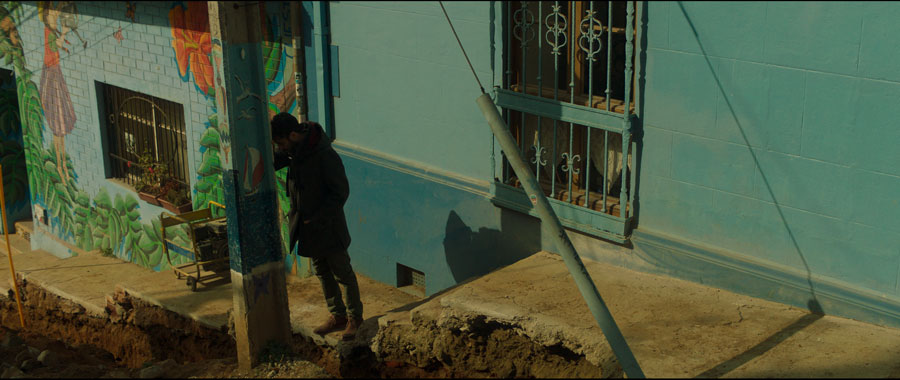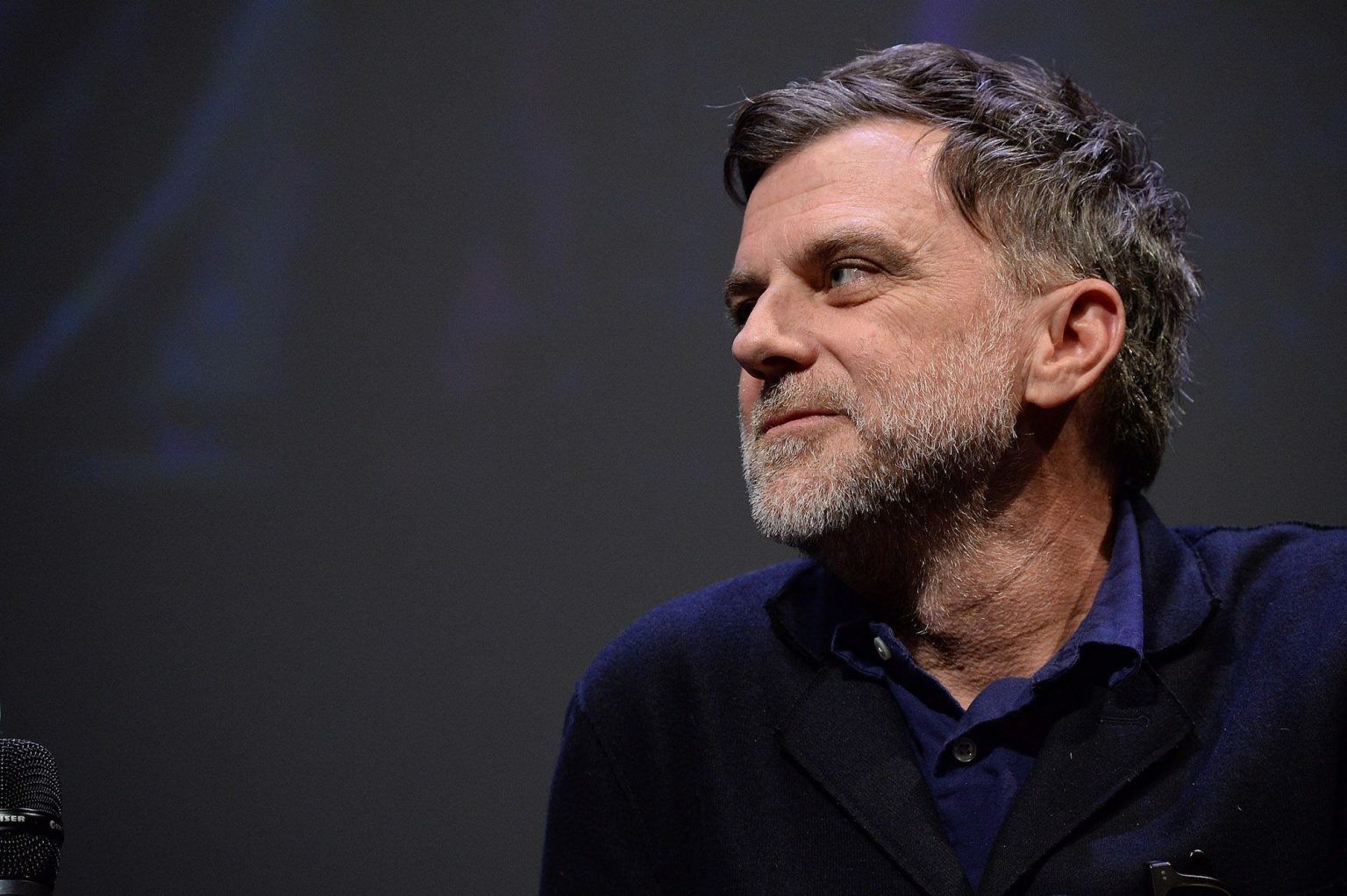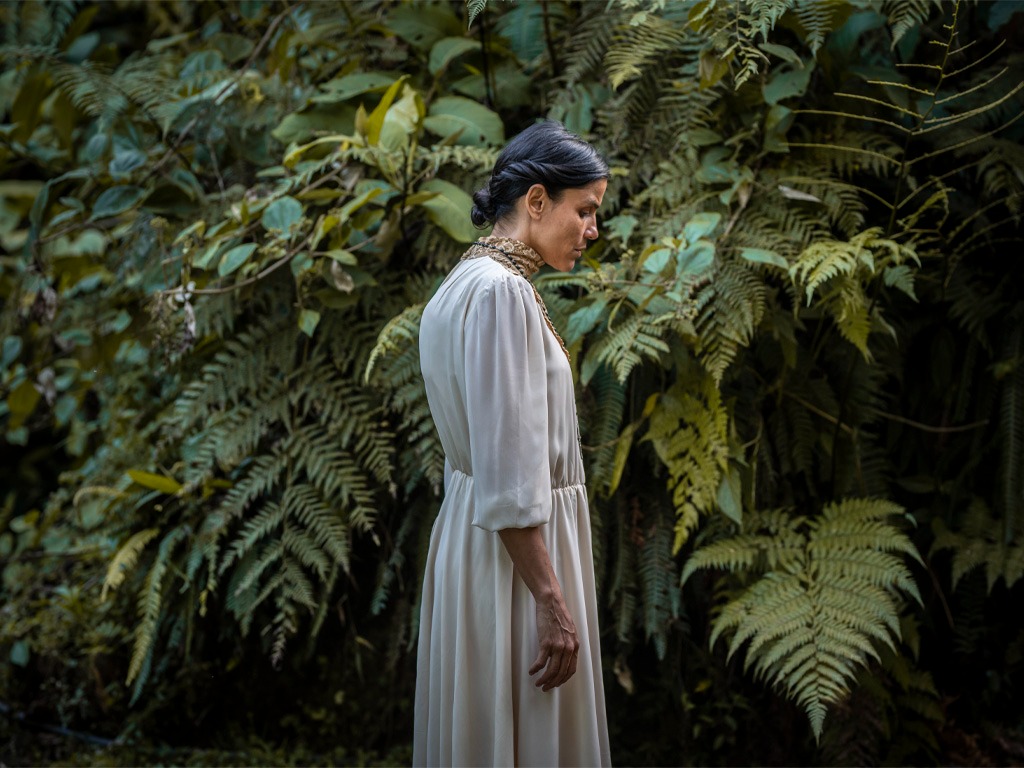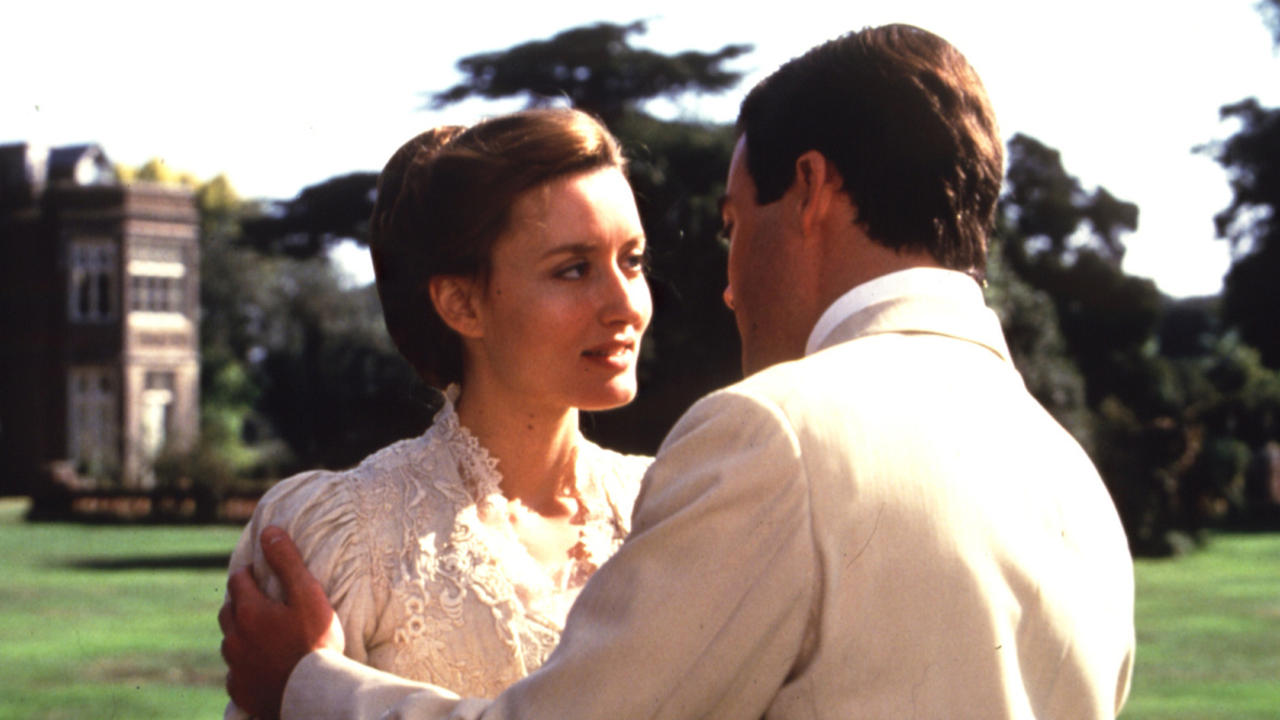
De la noche a la mañana
Argentina, Chile, 2019
Dirección: Manuel Ferrari
Guion / Script: Manuel Ferrari, Gabriel Medina, Rodrigo Muñoz Gálvez.
Producción / Production: Nicolás Grosso, Luis Cifuentes, Celina Murga, Juan Villegas.
Fotografía / Cinematography: Fernando Lockett.
Edición / Film editing: Andrés Quaranta.
Intérpretes / Cast: Esteban Menis, Manuel Martelli, Alejandro Goic, Rosario Varela, Sebastián Brahm.
Duración: 88 minutos
Ignacio, un ya no tan joven arquitecto porteño, trabaja en la constructora de su suegro. Cuando su novia le comunica que está embarazada, un peso inesperado cae sobre su vida, hasta entonces abierta e independiente. Entre el desconcierto y la insistencia de su pareja, Ignacio acepta una invitación a Valparaíso de último momento. A su llegada, encuentra la universidad donde debía dar clases tomada por los estudiantes. Mientras deambula esperando noticias, Ignacio comienza a vislumbrar una nueva vida en Chile gracias a inesperadas oportunidades. Sin embargo, la sucesión de éxitos inmediatos y una serie de temblores que no quedan claro si son reales sumergen a Ignacio a un viaje muy profundo.
La nueva película de Manuel Ferrari nos propone un periplo por las hermosas calles de Valparaíso de la mano de Ignacio, un tipo tan neurótico como entrañable que no tiene muy claro de dónde viene ni a dónde va. El guion proyecta sobre esta singular odisea un agradable tono de comedia existencial que resta dramatismo a temas como la precariedad laboral, la inseguridad y la angustia que surge ante las responsabilidades de la vida adulta. Y es que en la búsqueda del equilibrio entre el deseo y el deber —tan difíciles de armonizar— radica la inestabilidad emocional de Ignacio, que sintoniza a la perfección con los constantes temblores que sacuden Chile. Un film sobre las incertezas de convertirse en adulto que forzosamente despertará nuestra empatía.
Ignacio, a not-so-young architect from Buenos Aires, works at his father-in-law's construction company. When his girlfriend tells him she's pregnant, an unexpected weight falls on his shoulders and changes his once independent and carefree life overnight. The shock and his partner's insistence lead Ignacio to accept an invitation to fly to Valparaiso at the last minute. Upon arrival, the university where he was supposed to teach is occupied by the students. While he wanders around waiting for news, Ignacio starts to imagine a new life in Chile thanks to some unexpected opportunities. However, the sequence of immediate successes and a series of quakes which may or may not be real immerse Ignacio into an extremely difficult journey.
Manuel Ferrari's latest film takes us on a journey through the beautiful streets of Valparaiso following Ignacio, a guy as neurotic as he is endearing and who doesn't know where he comes from or where he's going. The script gives this unique odyssey a pleasant comedy tone that takes some of the drama away from topics like job insecurity, feelings of unsafety and the anxiety that stems from the responsibilities of adult life. Because in the search for balance between our desires and our duties—which is so hard to achieve—lies Ignacio's emotional instability, which is perfectly in tune with the constant quakes that rattle Chile. A film about the uncertainty of growing up that will forcefully awaken compassion in us.
Manuel Ferrari
(La Plata, Argentina, 1981)
Director, guionista y productor de cortos, medios y largometrajes exhibidos en Rotterdam, Viennale, FidMarseille o MdP, entre otros festivales. Fundó Bunker, un estudio de montaje donde fue montajista de más de quince películas. Es docente en la UNLP y programador en Talents Buenos Aires. A propósito de Buenos Aires (2006) y Cómo estar muerto/Como estar muerto (2008) son otros de sus títulos.
He is a director, screenwriter and producer of short, medium and full-length films screened at Rotterdam, the Viennale, FIDMarseille and MdP, among other festivals. He founded Bunker, an editing studio where he has edited over 15 films. He is a teacher at UNLP and a programmer at Talents Buenos Aires. A propósito de Buenos Aires (2006) y Cómo estar muerto/Como estar muerto (2008) are some of his other films.





